High Risk Pregnancy
Home / Service Detail

High Risk Pregnancy
Ultrasound is vital in managing a high-risk pregnancy as it offers real-time images to monitor fetal growth, amniotic fluid levels, placental position, and fetal heart structure. It also evaluates blood flow in the umbilical cord and other vessels. This information helps detect potential issues early, guide interventions, and ensure better outcomes for both mother and baby.
Common Factors Contributing to High-Risk Pregnancy:
Maternal Age: Women under 18 or over 35 are generally considered at higher risk.
Medical Conditions: Diabetes, hypertension, heart disease, kidney disease, or autoimmune disorders can increase the risk.
Pregnancy Complications: Previous preterm birth, miscarriage, or preeclampsia can indicate a higher risk.
Genetic Factors: Certain genetic conditions or chromosomal abnormalities can affect the fetus’s development.
Lifestyle Factors: Smoking, excessive alcohol consumption, or drug use can pose risks.
Multiple Pregnancy: Carrying twins, triplets, or more increases the risk of complications.
Potential Complications of High-Risk Pregnancy:
- Preeclampsia: A condition characterized by high blood pressure and protein in the urine.
- Preterm Birth: Delivering the baby before 37 weeks of gestation.
- Gestational Diabetes: Developing diabetes during pregnancy.
- Fetal Growth Restriction: The baby is smaller than expected for gestational age.
- Placental Abruption: The placenta separates from the uterine wall prematurely.
- Birth Defects: Congenital anomalies or birth defects in the baby.
Management of High-Risk Pregnancy:
- Regular Prenatal Care: Frequent check-ups, including ultrasounds and blood tests, are crucial.
- Specialized Care: In some cases, mothers with high-risk pregnancies may need to see specialists like maternal-fetal medicine experts.
- Monitoring: Close monitoring of the mother’s health and fetal development is essential.
- Treatment: Depending on the specific risks, treatments may include medications, lifestyle changes, or in some cases, early delivery.
It’s important to note that while a high-risk pregnancy can be challenging, many women with these conditions deliver healthy babies. With appropriate care and monitoring, the risks can often be managed effectively. If you have concerns about your pregnancy, discuss them with your healthcare provider.
Other Services
Our Recent Blog & Articles
Vestibulum vel justo sen feugiat sem gravida vulputate sed amatug.
Welcome to Dr. Natasha’s clinic in Jaipur, where we blend advanced fetal therapy with caring maternal-fetal medicine.…



